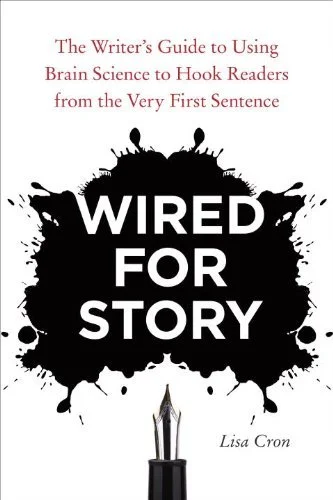
The Art of Storytelling
Michael McRay’s short course on the fundamentals of telling great stories.
Everything is story. The world is made up of stories. Your brain is wired for story. Your life is experienced as story.
There is no more powerful vehicle of communication than a well-told story.
And you’re here to learn the art of it.
Schedule your introductory call with Michael now.
This is our chance to get acquainted! I want to learn more about you, what compels you about storytelling, what led you here, and what you hope to gain from this coaching.
Welcome to The Art of Storytelling
Getting oriented to this course, learn what to expect, and and I’ll tell you how I got into storytelling.
We all know what a story feels like and sounds like, and yet very few of us can actually define it well when asked. I’ve heard scores of definitions in my years teaching and facilitating storytelling, and I’ve finally landed on my personal definition.
What’s yours?
What Exactly is a Story?
What Makes a Story Good?
Everyone’s heard a bad story. And everyone’s heard a good story. And yet, most folks can’t point to the meaningful differences. So let’s analyze it. Here I’ll walk you through what a story needs in it to truly be effective.
Example from Southwest Airlines
Watch this video and look for these features:
emotion
values
dialogue
show, don’t tell
The structure of Story
What needs to be in a story for it to be a story? Here I’ll show you three models:
CCO
STAR
Mythic structure
what goes in and What Needs to go?
One of the greatest challenges I see storytellers facing is deciding what belongs in the story and what does not. “How do I know if I’m giving enough detail or too much?”
Let’s discuss.
P.S. Got another download for you here. It’s a short document I made years ago with some tips on telling stories. Hope it’s helpful!
The Art of Oral Storytelling: Pitfalls to Avoid
Written stories and oral stories, while of course similar, also function very differently. Different rules apply. In this final video, I talk with you about some of the most common pitfalls I’ve seen people make when telling stories aloud:
Ineffective pacing
Lack of eye contact
No emotion
Weak bookends
Schedule your one-hour follow-up call with Michael now.
Let’s talk about what you’ve learned through this content and what comes next in your storytelling journey!
DIY: A Master Class in Leadership Storytelling.
It’s my active “digital workshop” alongside my colleague David Hutchens. You now have the opportunity to experience the same, innovative content from the live workshop that has been lauded by scores of organizations worldwide, like Google, PayPal, FedEx, CVS, and even NASA.
But in this online format, it’s a fraction of the usual cost.
Recommended Resources
-

Story or Die
by Lisa Cron
-

Wired for Story
by Lisa Cron
-

The Storytelling Animal
by Jonathan Gottschall
-

Story Dash
by David Hutchens
